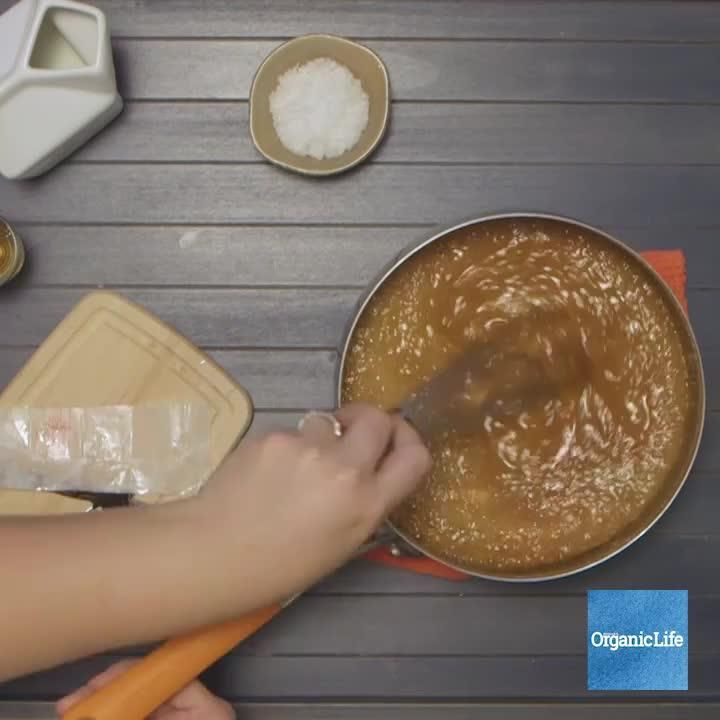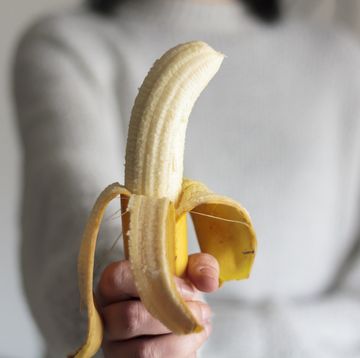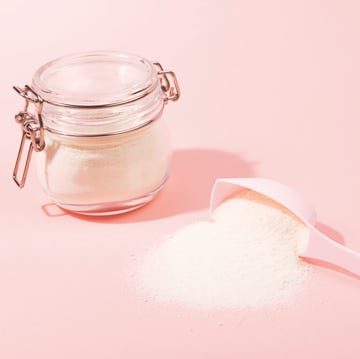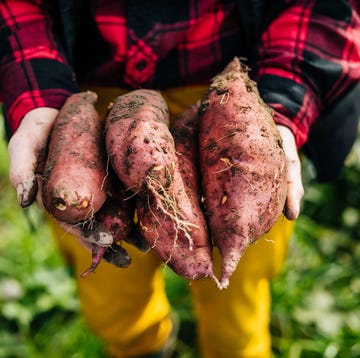This story originally appeared on Rodale’s Organic Life in September 2015.
No-cal frozen yogurt, guilt-free sodas, and zero-rush candy are the dream of many, which is why sugar substitutes appear on so many labels. The side effects of artificial and all-natural replacements like stevia, Truvia, Splenda, and, yes, aspartame are often questionable, and so the pursuit of that perfect sugarless dream continues.
The latest in sweeteners is called allulose, aka D-psicose, erythrohexulose, and pseudofructose. Earlier this year it came to market in the form of two products: Dolcia Prima from British manufacturer Tate & Lyle and AllSweet Low-Calorie Sugar from Anderson Global Group. Both are essentially a naturally occurring, low-calorie sugar that comes close in taste and texture of the real thing but with 90 percent fewer calories. Because allulose is essentially dietary fiber made from converted corn fructose, the body doesn’t effectively break down the ingredient. Tate & Lyle claim the sweetner mostly passes through in urine streams or the digestive tract without causing gas or any other unpleasant side effects associated with sugar alcohols or the infamous fat substitute Olestra. But, remember, too, that with Olestra, initial testing looked good. However, once products hit the mass market—and were consumed in less moderate amounts than the lab tests had imposed—things started getting ugly.
UPDATE: December 11 — Tate & Lyle says that this doesn't happen in significant quantities with allulose. "Allulose is not a fiber. Allulose is a monosaccharide…absorbed in the small intestine but not metabolized in the liver. It is mainly excreted in the urine and very little in the feces."
It’s also worth noting that more and more medical research is showing that the kinds and relative proportions of different kinds of beneficial bacteria living in our digestive tracts have a huge and profound influence on our physical and mental health. Multiple studies have shown that what we eat has an equally profound influence on the kinds and relative proportions of different beneficial bacteria in our guts. Something that has no noticeable effect in trace amounts could plausibly have a huge effect when consumed in large quantities on a regular basis.
The Food And Drug Administration, in 2012, granted allulose GRAS status, meaning it’s “generally recognized as safe” and can be used in a wide range of products. But as of mid-2015 it had yet to be approved for use in the European Union.
Still, it’s debatable whether sweetness without calories is a good idea at all. Eating and drinking sweet-tasting things without calories can trick the brain, leading to a craving of more sweets and overall increased food intake. According to The Harvard School Of Public Health, “The health benefits of artificial sweeteners are inconclusive, with research showing mixed findings” at best. Some studies have even shown that habitual consumption of no-calorie sweets may lead to the very weight gain they are marketed to help prevent.
Still want to try it? Well, you can’t. At least not yet. Dolcia Prima and AllSweet are only available to food manufacturers as an additive. As of this writing, no products containing the ingredient have been announced, and there are no immediate plans to sell allulose as table sweetener or for home use. But you may find it on an ingredient label in the near future, in which case it pays to be aware.













